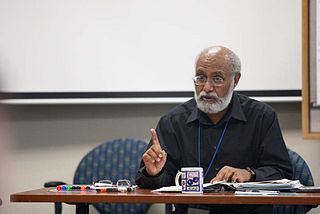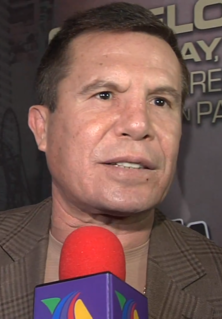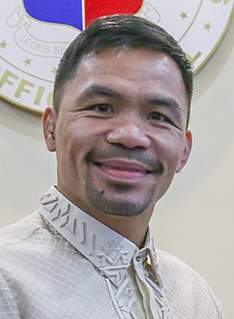A Quote by George Foreman
When problems arise, you will usually find two types of people: whiners and winners. Whiners obstruct progress; they spend hours complaining about this point or that, without offering positive solutions. Winners acknowledge the existence of the problem, but they try to offer practical ideas that can help resolve the matter in a manner that is satisfactory to both parties.
Related Quotes
The difference between "winners" and "losers" is not whether they face obstacles and setbacks - we all do, and it is inevitable that plans do not unfold exactly as imagined or that unexpected events surprise us or that a few mistakes happen. The real difference is that "winners" bounce back from a fumble or a loss by refusing to panic, analyzing the situation and looking for positive actions they can take to correct the problem, and then go on to resume winning.
I was over at Alison's [McGhee], I think we were playing Scrabble. I remember we were both complaining - yeah, we sound like whiners - about how hard writing is, and how we didn't have a story to work on. Alison said, 'Why don't we work on writing something together,' and I said, 'Eh, I don't know if I could work that way.' She said, 'Well, just show up here and we'll see,' and I said, 'Well, what would it be about?' She said, 'Duh, it'd be about a tall girl and a short girl.' So I agreed to come and try it for a day.
What my experience has taught me is that regardless of how complicated the problems might appear, it is possible to work through them and find solutions that are mutually satisfactory to every stakeholder in the problem... most of our problems on this earth are created by us and therefore we have the capacity and the obligation to unmake them.




































